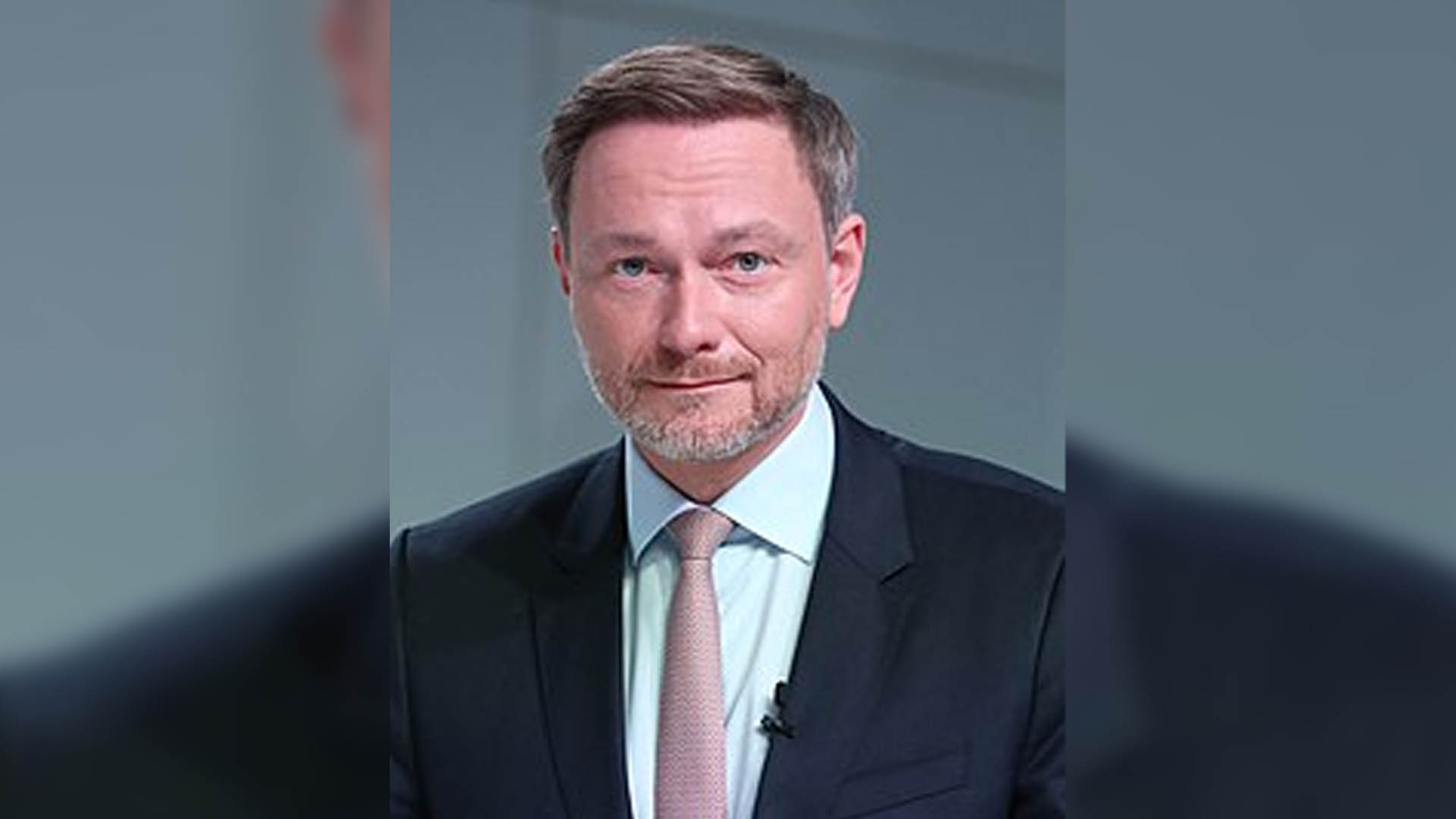German Coalition Tensions: Finance Minister Sparks Economic Policy Debate
German Finance Minister Christian Lindner's economic proposals have stirred tensions in Chancellor Olaf Scholz's coalition, threatening its stability. His party's suggestions, which include public spending cuts and tax reductions, faced backlash from the Greens. Urgent budget talks are ongoing to prevent a government collapse.

The political landscape in Germany faces turbulence as Finance Minister Christian Lindner's proposals for economic revitalization have challenged the stability of Chancellor Olaf Scholz's coalition government. Lindner's party, the Free Democrats, surprised coalition partners with plans advocating public spending cuts and tax reductions.
The responsive dissatisfaction was immediate, particularly from the ecologist Greens, who labeled some of these economic measures as provocations, as they clash with their goals of achieving carbon neutrality and ensuring social justice. Economy Minister Robert Habeck emphasized that although maintaining coalition unity is fraught with difficulty, reaching a budgetary consensus is urgent.
Crisis discussions spearheaded by Scholz have maintained intense pace, with a coalition summit looming. The impasse emerges amidst ongoing economic challenges and rising political tension, with both far-right and far-left groups gaining traction. The potential for early elections looms, as Scholz warns that governance must transcend ideology to secure national interests.
(With inputs from agencies.)










